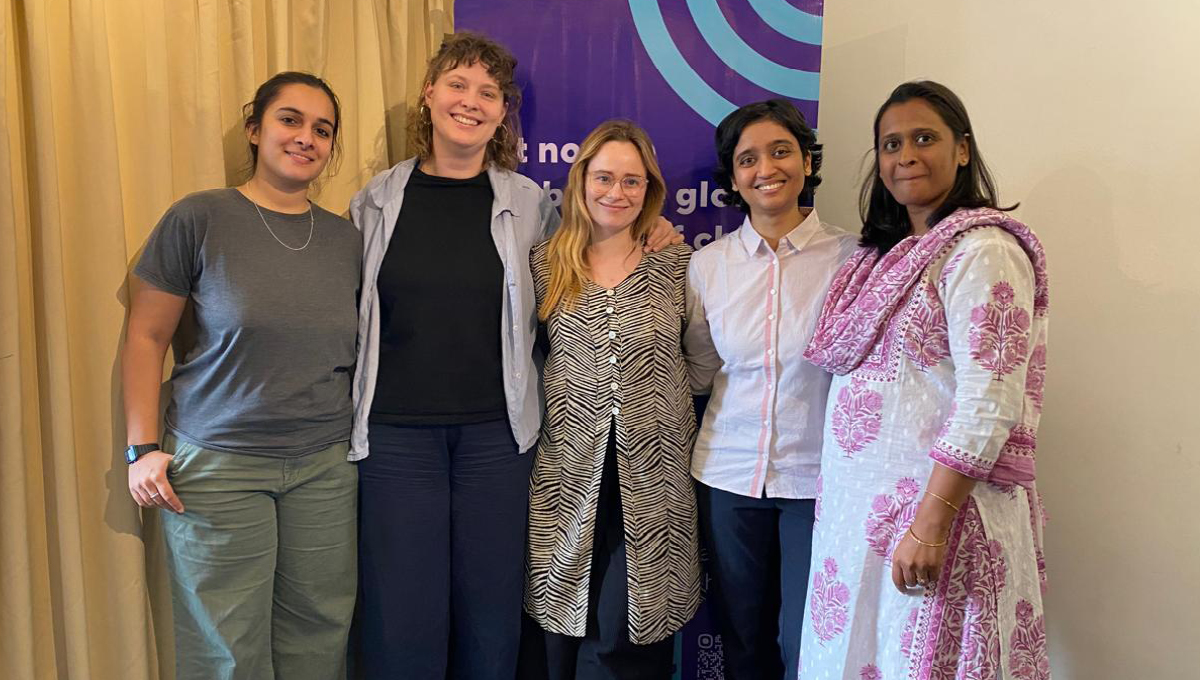Webinar Report: The Role of Anonymity in Treatment Offers
ACT Against Child Abuse recently hosted an online webinar for organisations that work therapeutically with individuals with a sexual interest in children about the role of anonymity in treatment offers for this target group.
The goal of the webinar was to facilitate balanced discussion and sharing of diverse perspectives & experiences relating to this specific topic. Presentations were delivered by organisations based in four different countries, resulting in an exchange of information and a discussion that reflected the varying mandatory reporting and clinical frameworks in different jurisdictions.
The webinar brought to the fore a number of key learnings and reflections:
- Offering anonymous treatment options can break down barriers to seeking help. Anonymity provides a safe space for clients to access support without the fear of stigma, legal consequences, or identity exposure.
- Practitioners face intricate challenges. Balancing client confidentiality with legal obligations, handling identity concerns within therapy, and integrating interventions into healthcare systems require careful navigation. Ethical guidelines and multidisciplinary collaboration are key to overcoming these challenges.
- Practitioners must understand that individuals with pedophilic interests have varying comfort levels with anonymity, which can change over the course of therapy. Initial stages may see a strong emphasis on anonymity as a protective measure against stigma and disclosure. However, as trust is built and therapeutic progress is made, some clients may become more open to reduced anonymity. Flexibility in accommodating changing anonymity preferences is crucial for optimizing engagement and treatment outcomes
- There is a large variance in the legal environments in which interventions operate in and how these frameworks impact intervention design and delivery. It would be valuable to better understand this complexity on a EU-wide and/or global level.
Anonymity is quite sensitive for some clients who fear that their sexual interest might be leaked to the public, they might lose their jobs or face hostile reactions.
This event aligned with ACT’s aim to facilitate networking between organisations that deliver causer-related prevention initiatives and increase the capacity and knowledge of practitioners within these organisations in order to protect more children from the harmful consequences of sexual abuse.




